Search results for 'red'
-
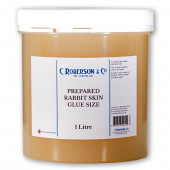
Roberson Prepared Rabbit Skin Glue
Starting at: £22.30
A ready made Rabbit Skin Glue size. Stand in warm water to liquefy. Learn More -
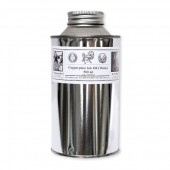
Roberson Copperplate Reducing Oil
Starting at: £24.00
Printing inks can be made by mixing powdered pigments with copperplate oil. Pour small quantity of oil into well of dry pigment and grind with glass muller untill smooth. Thin oil is then added until mixture has consistency of double cream. Thin, Medium or Thick. Learn More -
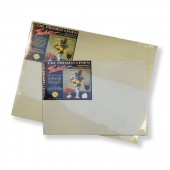
Primed Linen Panels
Starting at: £10.50
Hand-primed pure Belgian linen. Oil or Acrylic (universally) primed. Learn More -
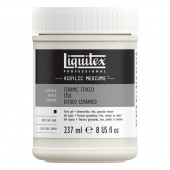
Liquitex Acrylic Textured and Effects Mediums
Starting at: £20.80
Liquitex Acrylic Textured and Effects Mediums Learn More -
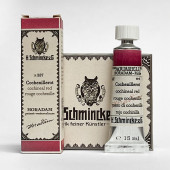
Schmincke Horadam Retro Watercolour, Cochineal Red, 15 ml Tube
£15.00Schmincke Horadam Retro Watercolour, Cochineal Red, 15 ml Tube Learn More -
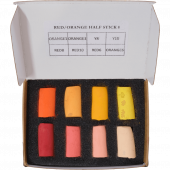
Unison Pastels Mini Set, Red/ Orange Half Stick 8
£16.45A varied collection of flame oranges, golden yellows, and vibrant reds. A useful add on for a more floral landscape or sunsets.
Learn More -
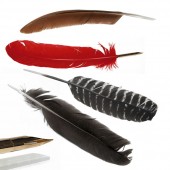
Quill Pens
Starting at: £13.00
Traditional quill pen made from goose and turkey feathers. Cut by hand and cured in hot sand. Learn More -
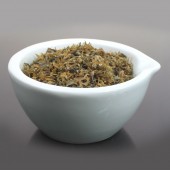
Carrageen Moss
Starting at: £51.00
Carrageen Moss is a seaweed that is gathered from the Irish coast, whose natural thickening properties are often exploited by the food industry. It is also used as a size in traditional paper marbling, as it allows colours to float and be manipulated on the surface of the water. Learn More -
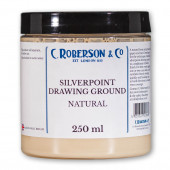
Roberson Silverpoint Drawing Ground
Starting at: £13.50
A natural bone ash primer for paper and card for silverpoint drawing, tinted to a traditional off white or sanguine finish. Learn More -
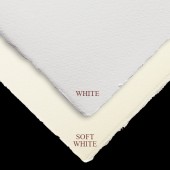
Somerset Printmaking Paper
Starting at: £7.10
300GSM, Mould Made, 100% Cotton, Acid Free, 4 Deckle Edges, Satin / Textured / Velvet surface, White / Soft White shade, 25 Sheets. Learn More -
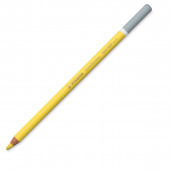
STABILO CarbOthello Pastel Pencils
Starting at: £2.05
STABILO CarbOthello is a chalk pastel coloured pencil range available in up to 60 colours. With its wonderfully dry and dusty stroke it is just like a chalk pastel in pencil format. It's very popular with artists, art students and people with creative hobbies. Its high pigmentation guarantees great luminosity and opacity as well as colour fastness and colour brilliance especially on dark backgrounds and delicate papers. What's more it can be sharpened to a very fine tip which make it ideal for detail. Colours can be dry mixed and blended which makes colouring more fun and special.
Learn More -
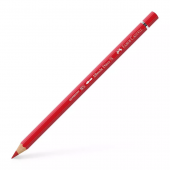
Faber-Castell Albrecht Durer Watercolour Pencils
Starting at: £2.60
120 lightfast colours with high covering power. Soft and water-soluble, they combine the advantages and applications of classical watercolour paints and coloured pencils. Learn More -
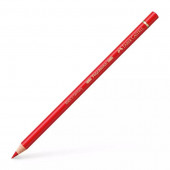
Faber-Castell Polychromos Pencils
Starting at: £2.60
120 lightfast colours with high covering power. The particularly soft waterproof wax leads are smudge resistant but can be dissolved with turpentine. Learn More -
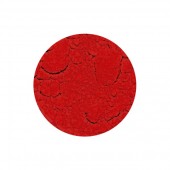
Cadmium Vermilion Pigment
Starting at: £7.50
PR108
Cadmium Red is a synthetic organic pigment that has been in use since the 1920s. It is formed by heating cadmium sulphide and selenium, the hue is determined by the level of calcination and proportion of selenium. It is very opaque, and lightfast, with a high tinting strength. It absorbs a small amount of oil, and dries very slowly to form a hard, flexible paint film. This shade has been formulated to imitate the bright hue of vermilion.
Larger quantities are available by request.
Limeproof
Toxicity: C
Learn More -
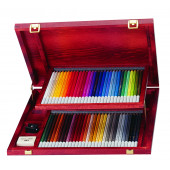
STABILO CarbOthello Pastel Pencil Set of 60 in Wooden Box
£175.00STABILO CarbOthello is a chalk pastel coloured pencil range available in up to 60 colours. With its wonderfully dry and dusty stroke it is just like a chalk pastel in pencil format. It's very popular with artists, art students and people with creative hobbies. Its high pigmentation guarantees great luminosity and opacity as well as colour fastness and colour brilliance especially on dark backgrounds and delicate papers. What's more it can be sharpened to a very fine tip which make it ideal for detail. Colours can be dry mixed and blended which makes colouring more fun and special.
Learn More -
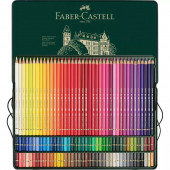
Faber-Castell Polychromos Pencil Sets
Starting at: £33.95
Faber-Castell Polychromos Pencil Sets, Please note, the Mahogany Box set is is available only to order. Please allow extra time for delivery. Learn More -
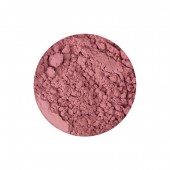
Potters Pink Pigment
Starting at: £22.00
PR233
Potter's Pink is an artificial mineral pigment produced by roasting tin oxide with various other oxides. It was first discovered in the pottery region of Staffordshire in the late-1700s, and in the following century Winsor & Newton introduced Potter's Pink into their watercolour range under the name "pink colour". It went on to become a popular addition to watercolour palettes, offering an opaque, lightfast colour with a weak tinting strength and a medium level of oil absorption.
Toxicity A
Learn More -
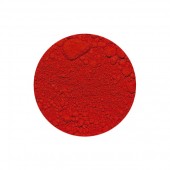
Vermilion Imitation Pigment
Starting at: £8.20
Vermilion Imitation Pigment (PR4, PY1, PW21). Organic pigment. Mixture of Studio Red, Hansa Yellow (Azo) and Blanc Fixe. Semi-transparent. Good tinting strength. Good Lightfastness, but prone to fading when mixed strongly with white . Slow drying rate. Requires wetting agent. Suitable for all media. Used since early 20th Century. Toxicity A. Learn More -
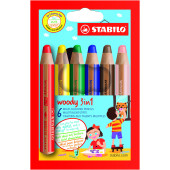
-
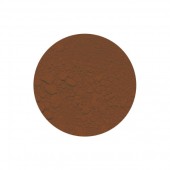
Cadmium Brown Pigment
Starting at: £10.00
PR108
Cadmium Brown is a shade of Cadmium Red, a synthetic organic pigment that has been in use since the 1920s. It is formed by heating cadmium sulphide and selenium, the hue is determined by the level of calcination and proportion of selenium. It is very opaque, and lightfast, with a high tinting strength. It absorbs a small amount of oil, and dries very slowly to form a hard, flexible paint film.
Larger quantities are available by request.
Limeproof
Toxicity: C
Learn More -
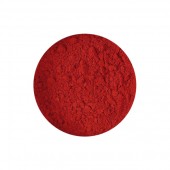
Quinacridone Scarlet Pigment
Starting at: £6.30
Quinacridone Scarlet Pigment (PR209). Organic pigment. Very transparent. High tinting strength. Excellent Lightfastness. High oil absorption with slow drying rate. Requires wetting agent. Suitable for all media. Developed in the 1950's. Toxicity A/B. Learn More -

STABILO CarbOthello Pastel Pencil Sets
Starting at: £25.20
STABILO CarbOthello is a chalk pastel coloured pencil range available in up to 60 colours. With its wonderfully dry and dusty stroke it is just like a chalk pastel in pencil format. It's very popular with artists, art students and people with creative hobbies. Its high pigmentation guarantees great luminosity and opacity as well as colour fastness and colour brilliance especially on dark backgrounds and delicate papers. What's more it can be sharpened to a very fine tip which make it ideal for detail. Colours can be dry mixed and blended which makes colouring more fun and special.
Learn More -
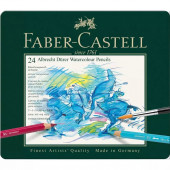
Faber-Castell Albrecht Durer Watercolour Pencil Sets
Starting at: £33.95
Faber-Castell Albrecht Durer Watercolour Pencil Sets (Please note, the Mahogany Box set is to order only, so please allow extra time for delivery) Learn More -
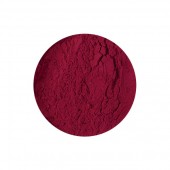
Quinacridone Magenta Pigment
Starting at: £5.50
Quinacridone Magenta Pigment (PR122). Organic pigment. Very transparent. High tinting strength. Excellent Lightfastness. High oil absorption with slow drying rate. Requires wetting agent. Suitable for all media. Developed in the 1950's. Toxicity A/B. Learn More -
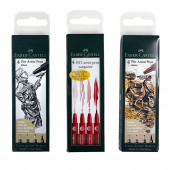
Faber-Castell PITT Artist Pen Sets
Starting at: £13.00
Faber-Castell Pitt Pen Set of 4 (Super Fine, Fine, Medium, Brush) Learn More -
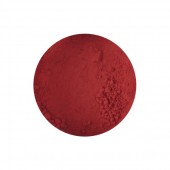
Alizarin Crimson Pigment
Starting at: £4.50
PR83
Alizarin Crimson is a synthetic organic pigment that became available in 1868. It requires a wetting agent to disperse, and in oil it also absorbs a lot of liquid and dries very slowly to form a hard, brittle paint film. It is chemically identical to madder-root pigments and should be protected against UV light where possible as it can fade when applied onto a white ground, although it is less fugitive than its natural counterpart. Alizarin Crimson is a very transparent pigment, with a high tinting strength and slightly blue undertone.
Toxicity: A/B
Larger quantities are available by request.
Learn More -
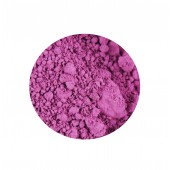
-
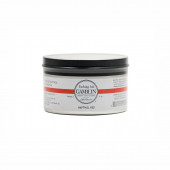
Gamblin Etching Inks 300ml
Starting at: £20.90
Gamblin Etching Inks were formulated at the request of professional printmakers in the Pacific Northwest who wanted strong reliable inks for edition printing. The palette of pure intense pigments offers a broad range of color mixing potential. Learn More -
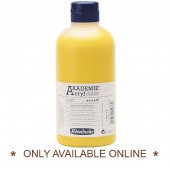
Schmincke Akademie Acrylic 500ml
Starting at: £17.20
Schmincke Akademie Acrylic 500ml. *Please note, this range is stored offsite. Please allow extra time for your order to be processed and dispatched. Learn More -
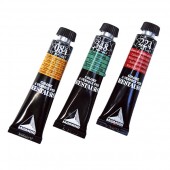
Maimeri Restoration Colours
Starting at: £17.50
33 colours for restoration. Pigments, mastic resin and turpentine. Learn More





